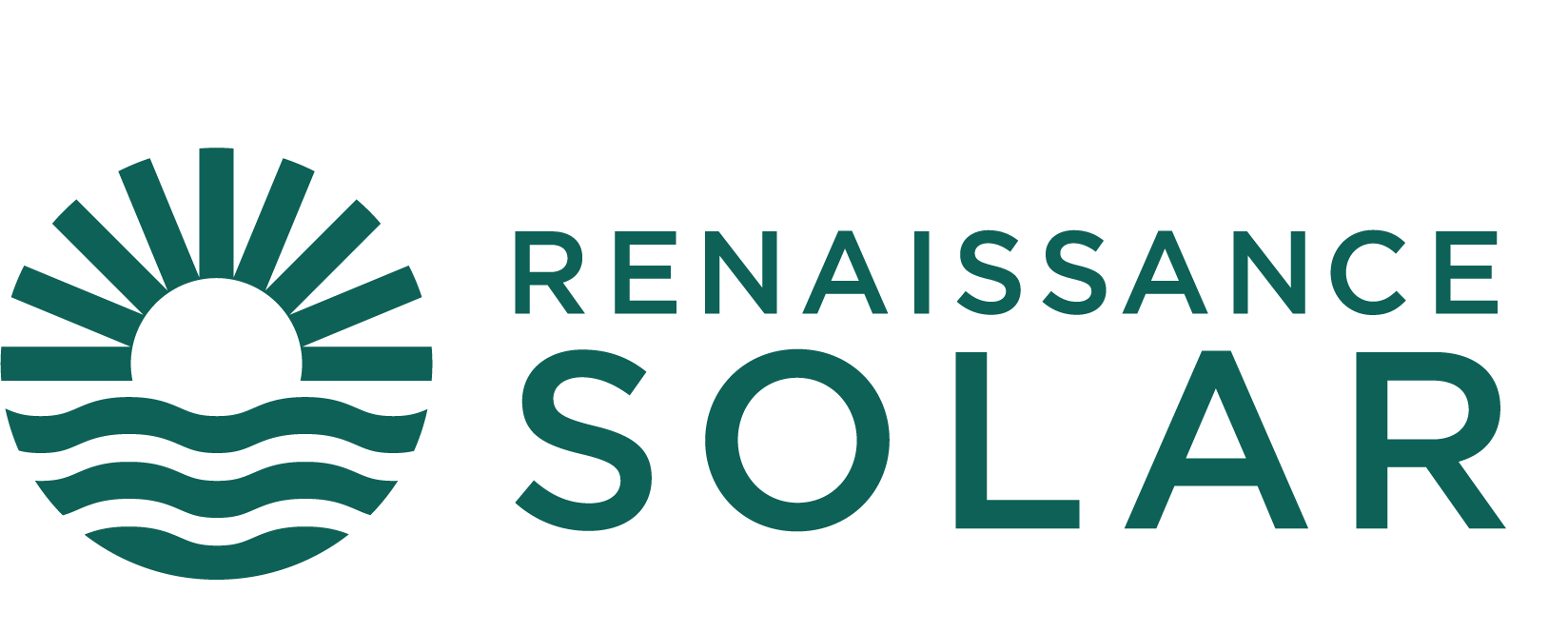Put paid to load shedding & invest in solar power in 2019.
Without warning, South Africa was plunged into darkness again during November 2018, when load shedding reared its ugly head yet again. This is the time of year most businesses can least afford to shut shop or work at a third of normal capacity, making it a crippling blow for many.
It’s also that time when families and friends get together to share the festive season, with the lights on, preferably. But there you have it, out of the confusion that is Eskom, load shedding started just as we thought we might be out of the woods.
It’s hard to believe that in a country as drenched in sunshine as South Africa is, there are still people that doubt the worth of solar power, and measure the initial expense of a solar installation against continually rising electricity bills.
What you’d spend to install solar panels according to your power requirements, will pale in comparison with what you’ll be paying for coal-fired electricity over a period of a few years.
You may need to consider taking out a bond or breaking into savings to install solar panels, but you’ll get it back within 3 to 4 years, and you won’t be paying a fortune for electricity from the day the system is installed!
If you’re still sitting on the fence, the answer to the following questions may take you off it and into the solar power revolution:
How much money would you really like to save?
It’s almost impossible to keep up with the cost of living, let alone exorbitantly high electricity tariffs, so most of us could really do with saving money to be used more constructively elsewhere.
There are huge savings to be capitalised on for any business or residential property boasting a quality solar power installation.
You could start as small as installing a solar water heating system and migrate from there once you’ve seen just how much just this step will save you.
Would you like to know exactly what your budget for power will be month to month?
At the rate that Eskom is going in terms of regular tariff increases that no one can do anything about, no amount of careful budgeting is going to help if you can never tell what power will cost, even in the very short term.
With a solar power installation, you’ll know exactly what your budget should look like for power. This is especially important for any business relying on strict budgets required to remain competitive, without having to deal with unpredictable tariff increases.
Would you like complete control over your energy?
The power of the sun is available all year round, nothing interrupts it and leaves you in the dark. You won’t have to deal with energy that steals a major chunk of change and cannot be relied on to boot.
Last but not least – would you like to reduce your carbon footprint?
The carbon footprint we have left on this earth is leaving us with less and less natural resources, and it’s time to take a serious stand against anything that requires the burning of fossil fuels or release of other manmade pollutants.
In South Africa, our power is generated by coal-fired plants, and the negative effects, to our environment and to health, is massive.
Burning coal contains dangerous metals such as lead and mercury, among others, as well as large amounts of carbon dioxide. Taken together, all these carbon emissions are endangering our planet, increasing the greenhouse effect that has already led to massive global warming.
Is this really the type of energy you still want to be using when Mother Nature has provided so abundantly?
Let the team at Renaissance Solar in Cape Town introduce you to quality solar panels and hot water heating systems that’ll keep the power on, no matter how much load shedding is going on around you.
